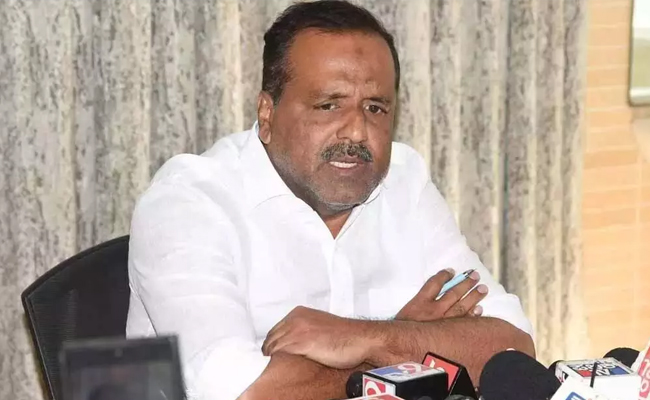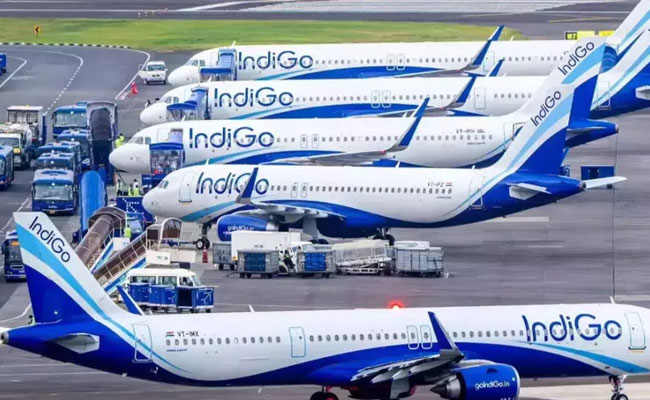United Nations, Oct 17 : The number of Rohingya refugees has reached nearly one million, with young girls sold into forced labour in Bangladesh accounting for the largest group of trafficking victims, according to a UN agency.
The UN Migration Agency (IOM) said on Tuesday that families desperate to earn money were frequently sending their daughters to work in dangerous environments.
The IOM said that women and girls lured into forced-labour accounted for two-thirds of those receiving the agency's support in Cox's Bazar and another 10 per cent were victims of sexual exploitation.
It said men and boys also were not exempt and account for about a third of refugees forced into labour.
Despite the often false promises of work and a better life, some victims are unaware of the risks or so desperate to escape the situation, that no measure is too drastic, it said.
"Sacrificing one family member for the sake of the rest of the family" is the rationale, Dina Parmer, IOM's head of protection services in Cox's Bazar, said in a statement.
The agency said that number of Rohingya refugees in Bangladesh has reached nearly one million.
The IOM's counter-trafficking and protection staff have helped nearly 100 people who have escaped trafficking situations and returned to Cox's Bazar since the crisis began in August 2017.
An estimated 7,00,000 Rohingya Muslims have fled Rakhine State since the military crackdown, resulting in a major crisis in neighbouring Bangladesh.
The agency has provided physical and mental health assistance, legal counselling, shelters and emergency cash assistance to support survivors, but due to the nature of human trafficking, many victims are reluctant to come forward and are unaccounted for.
According to Parmer, the Rohingya refugee community is extremely vulnerable to human trafficking due to their brutal life experiences and lack of education wrought by long-term discrimination back home in Myanmar, where they have been an oppressed minority for decades.
The IOM and NGO partners are developing creative ways to communicate the dangers of trafficking in the camps, including comic illustrations, street drama and music illustrating real-life stories to spread the message.
One Rohingya woman, working gruelling hours for little pay in the fish-processing industry, told the agency that there were very limited number of jobs in the refugee camps and for women almost nothing.
The UN and the US have said the violence against Rohingyas amounted to ethnic cleansing.
Myanmar authorities have said that military crackdown against the rebels was aimed at rooting out Rohingya militants who attacked police posts on the August 25.
According to the Red Cross estimates, only about 300,000 Rohingya remain in the entire state.
Myanmar and Bangladesh have reached a deal on the return of hundreds of thousands of Rohingyas that sidelined the UN refugee agency.
According to the agreement, which was finalised in Myanmar's capital Nay Pyi Daw early last year, a two-year deadline has been set for the repatriation of the Rohingyas.
Let the Truth be known. If you read VB and like VB, please be a VB Supporter and Help us deliver the Truth to one and all.
Mangaluru (Karnataka) (PTI): Karnataka Legislative Assembly Speaker U T Khader on Wednesday sought an inquiry after a large number of Aadhaar cards were found on the banks of the Nethravathi River here.
The cards were found at Farangipete in Pudu village of his Mangaluru Assembly constituency.
Khader, in a note to the Project Manager of the Unique Identification Authority of India (UIDAI), Bengaluru, sought immediate intervention and necessary action against those responsible.
In the note dated March 4, he said that local residents noticed the Aadhaar cards along the riverbank on March 3.
Following information received from the public, the Pudu Gram Panchayat president and villagers collected the Aadhaar cards found scattered in the area. They subsequently brought the matter to his attention and the concerned authorities, he said.
Expressing concern over the incident, the Speaker has directed that a thorough investigation be conducted to ascertain how such a large number of Aadhaar cards ended up on the riverbank and to identify those responsible.
He instructed officials to initiate appropriate legal action through the concerned department at the earliest.





